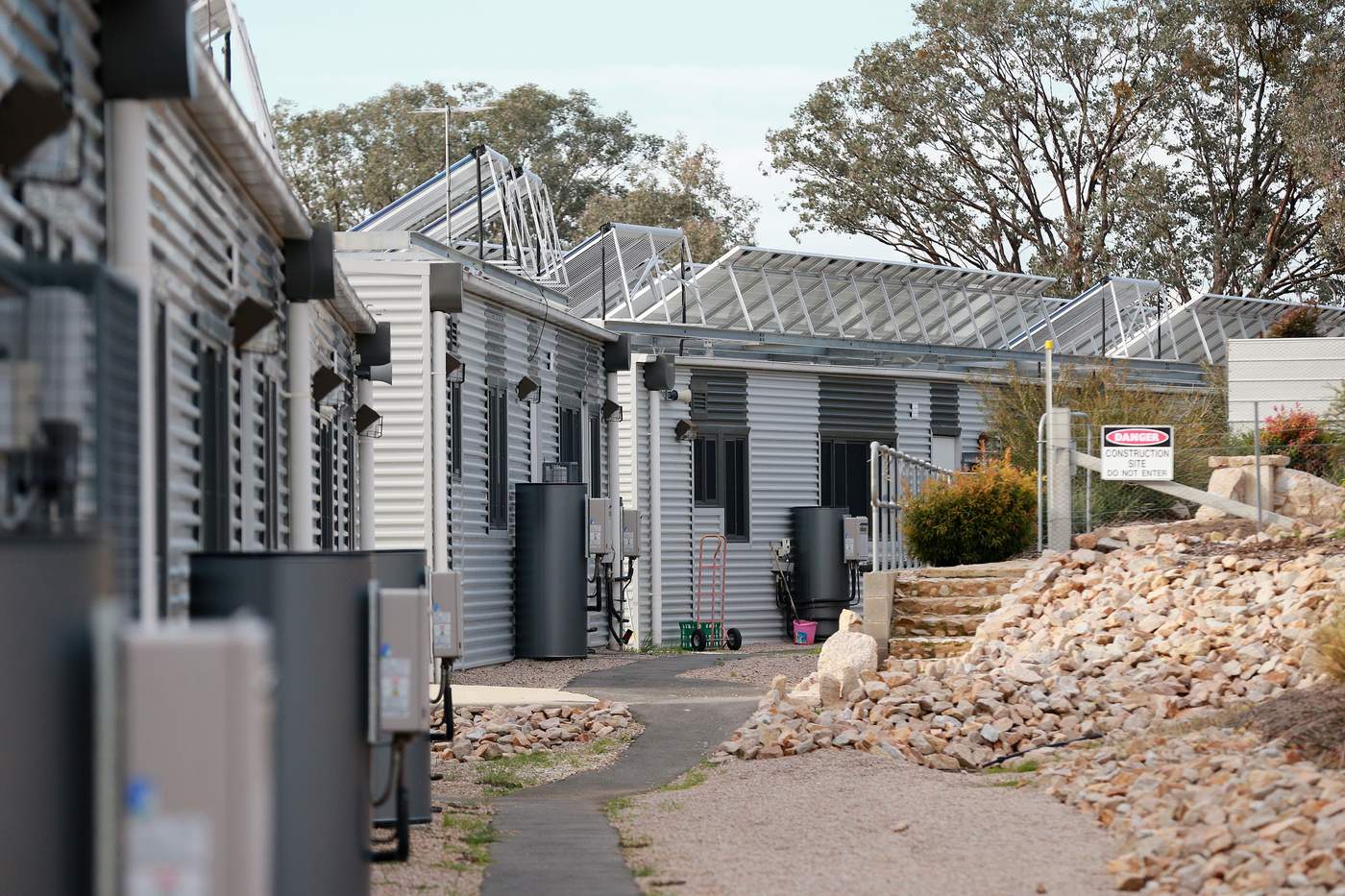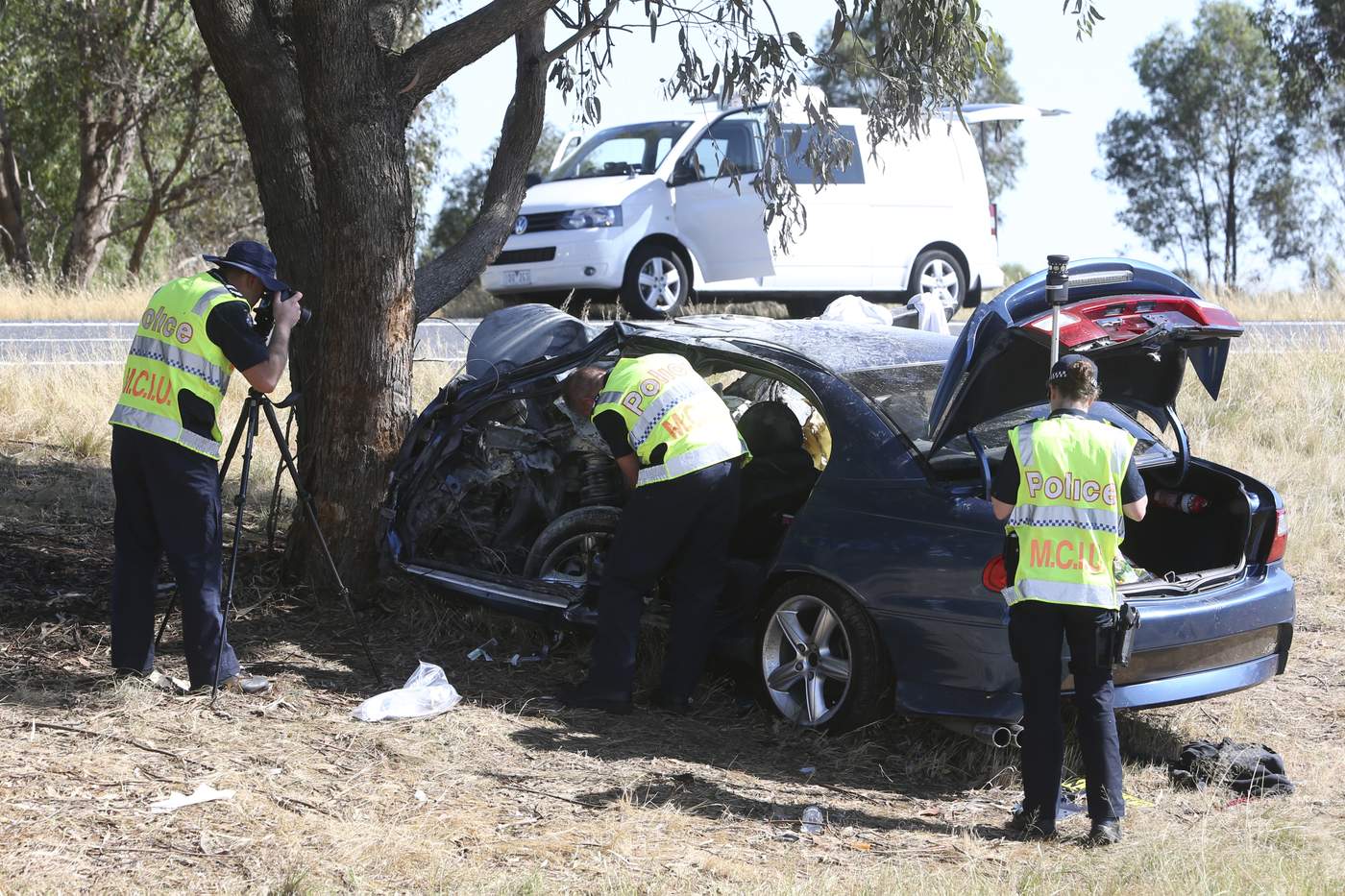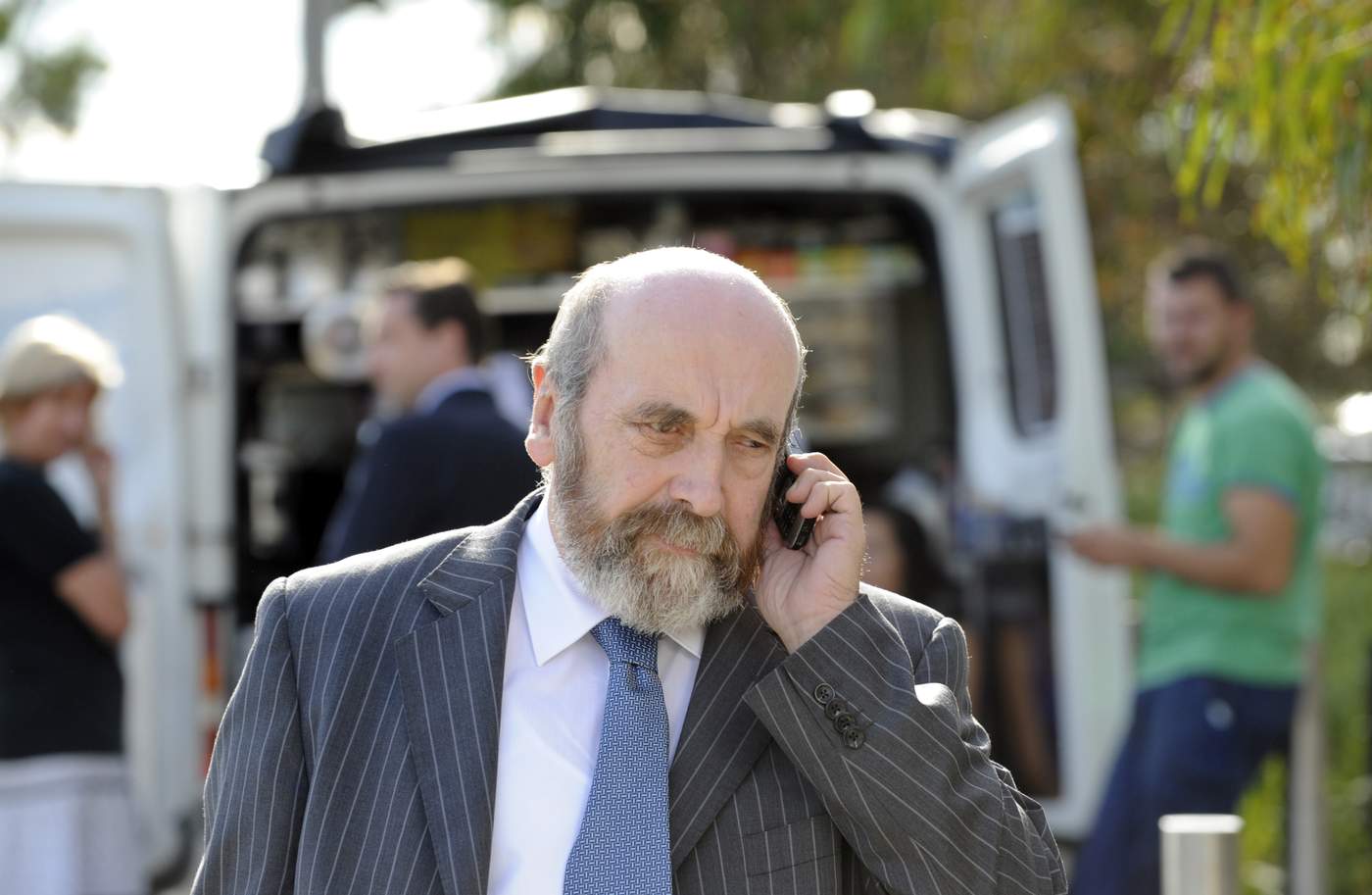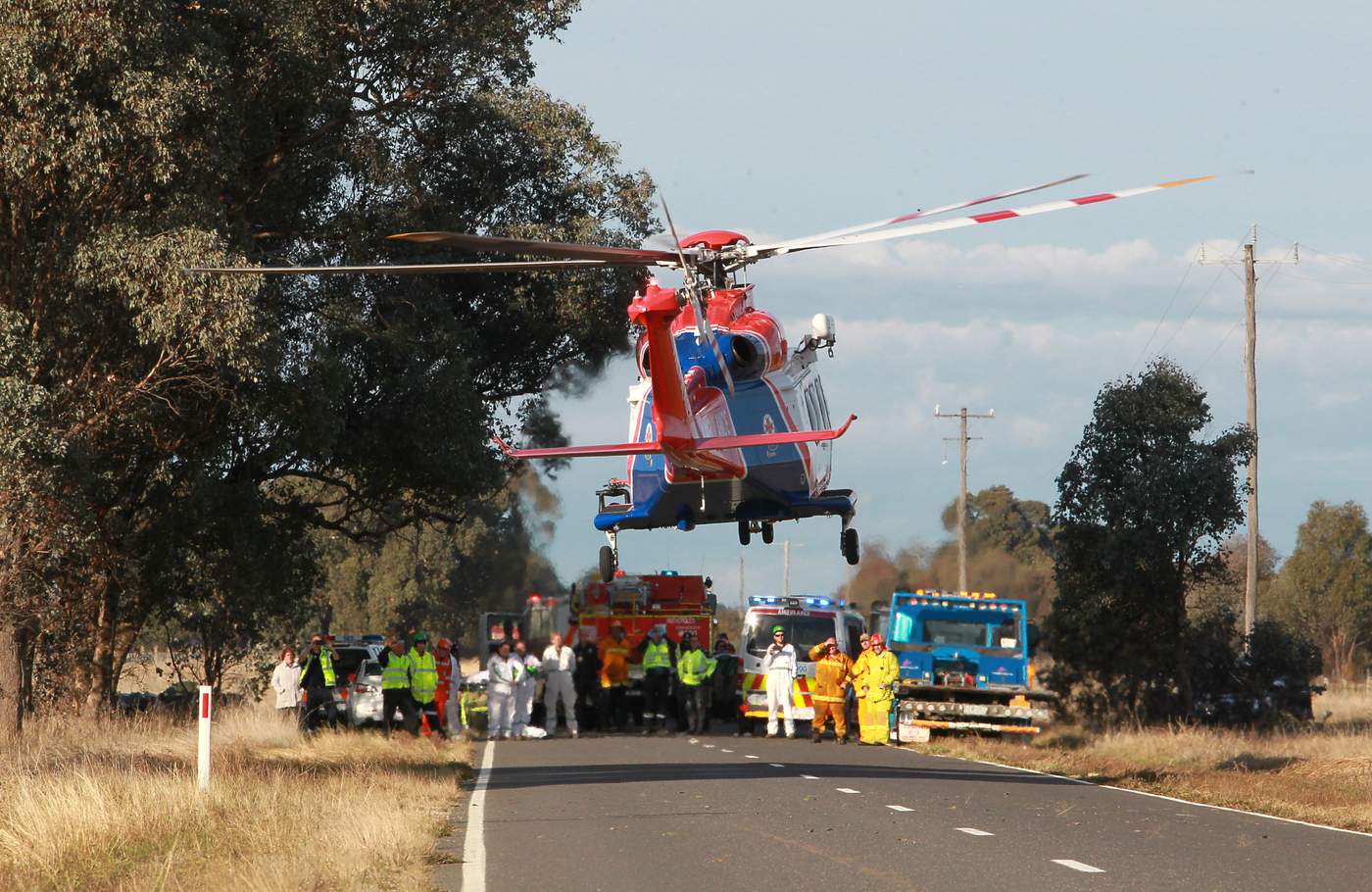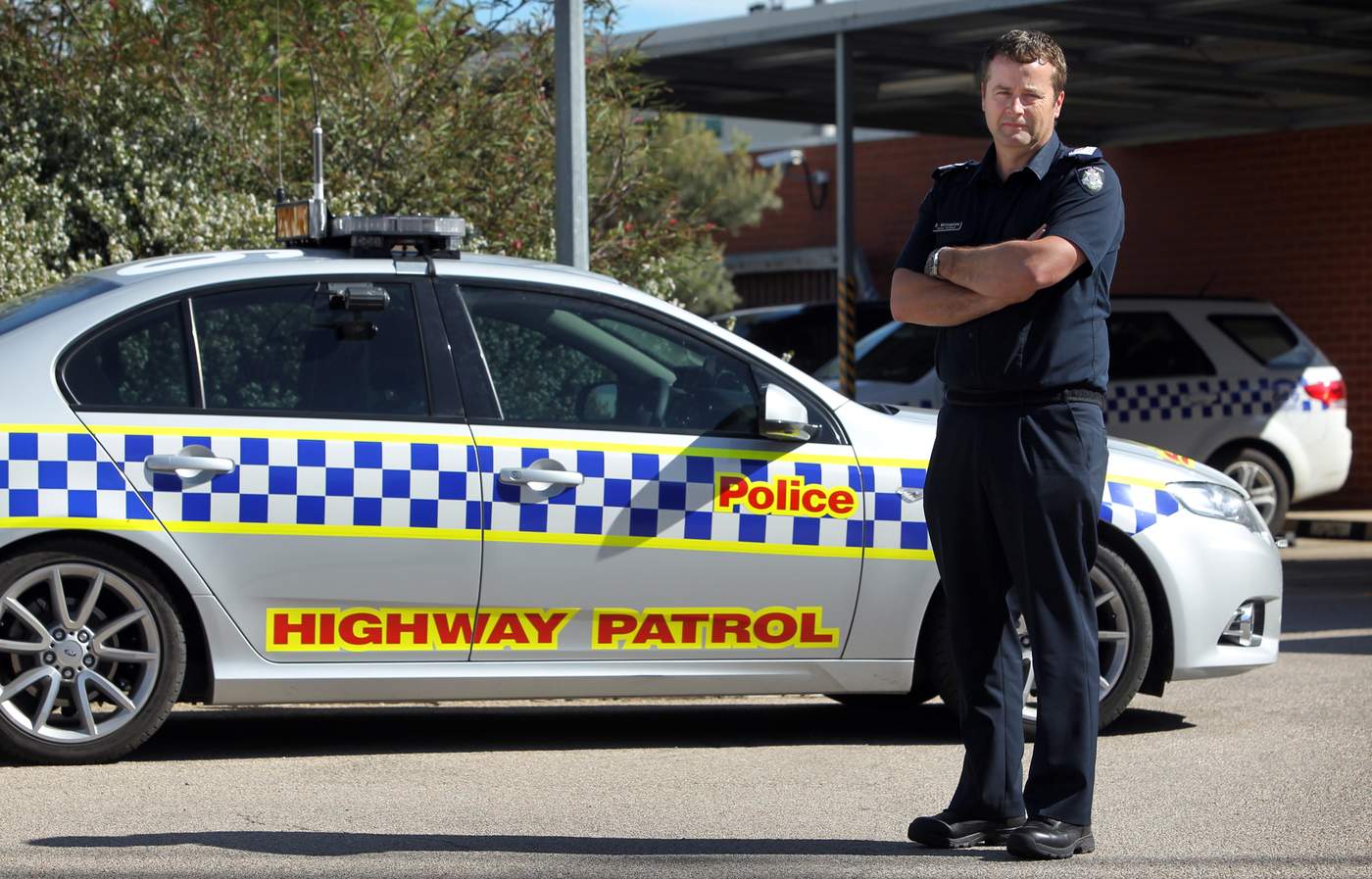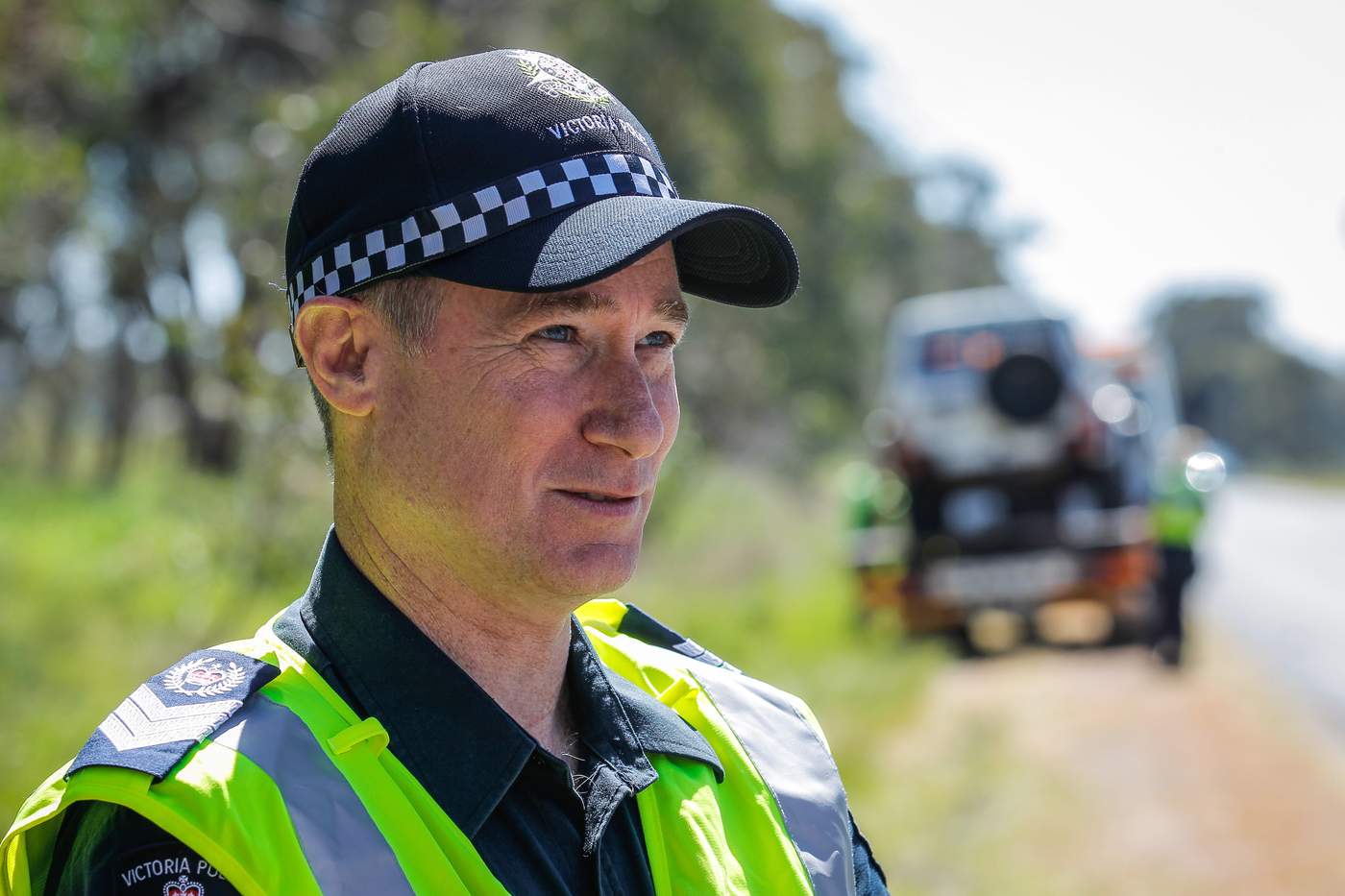It might only take one moment to do something stupid behind the wheel of a car and cause a fatal crash, but the guilt and regret can last forever.
For those convicted of the most serious criminal charges, the first few years of penance are most likely to be behind bars.
Beechworth Correctional Centre is a minimum security prison that holds non-violent criminals, such as those serving time for culpable driving offences.
Part of their time in custody involves going out into communities supervised and talking at forums such as the Cool Heads driver awareness program about their history and what they learnt.
Michael, who cannot be identified, was serving a minimum six-year jail term and told a group of young drivers at a forum about what occurred when, at 19 years old, he chose to drive home from a party after a night of heavy drinking.
“I hit a top speed of 120 kilometres an hour,” he said.
“As I did that, the car stopped at red lights and I smashed up the backside of that car, instantly killing a 69-year-old male passenger.”
Michael also seriously injured the five passengers in his own car and spent years cut off from his children and friends when serving his jail sentence.
Another Beechworth prisoner, Sandy, was 30 years old when he killed a man of similar age because he was driving after drinking.
“I still see his face every morning when I wake up because, at the time, I went over there to try and pull him out of the car,” he said.
A highway patrol officer attends every serious injury collision in the north-east, firstly to help the injured, then to preserve the scene and find out what happened.
“If, in the worst-case scenario, someone does die, we owe it to the families of these people to be able to understand what happened,” Senior Sergeant Wittingslow said.
He said the officer looked into four elements - safer cars, drivers, roads and speeds - to find a cause.
While few fatalities are caused by cars themselves, police push for drivers to buy vehicles with the latest safety features.
They also work with VicRoads to improve roads and speed limits.
“We can have our visible police presence, we can do our random drug testing and breath testing, we do speed enforcement, but we can’t be everything to everybody,” Senior Sergeant Wittingslow said.
“It’s a matter of changing behaviours, it’s a matter of putting the phone in the glove box or putting the phone on silent… If something is around them at the time, the consequences can be absolutely tragic and people will be held to account.”


